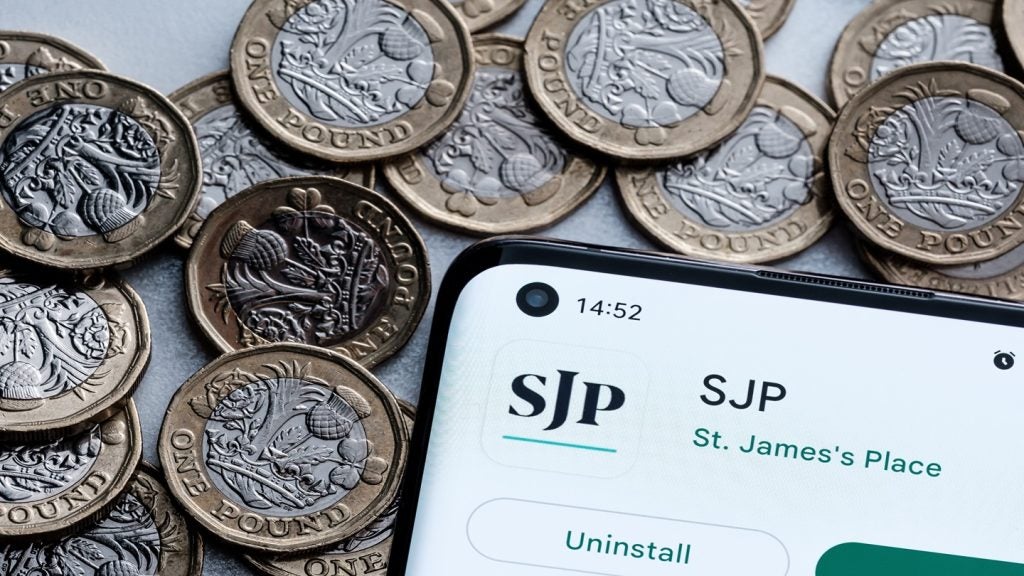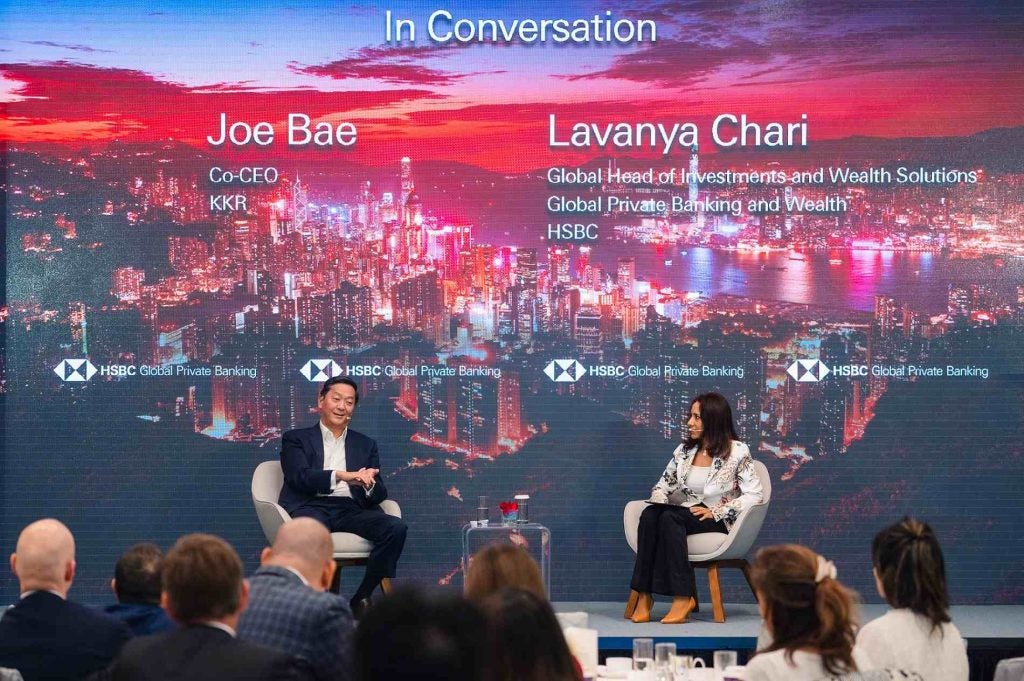UBS has bled client money in
the hundreds of billions after the credit crisis, received a Swiss
government rescue and grappled with a US tax evasion scandal which
has unnerved its clientele. Now it is trying to put the troubled
past few years behind it with a global advertising campaign. But
customers may still take a lot of convincing.
 “I
“I
often asked myself why. I had to do it. I owed it to the people who
work for the bank; I owed it to the bank that was my hardest
competitor… I owed it to myself.”
These are not the fighting words of
Muhammad Ali or Sir Edmund Hillary (both of whose personas are
invoked in UBS’s latest PR push), but those of Oswald Gruebel,
UBS’s group chief executive and former head of rival Credit
Suisse.
Gruebel is battling with
difficulties at the Swiss wealth manager: from US government
regulatory demands to shoring up flagging staff morale with
generous pay concessions. PBI asks if smooth words can do
much to help stem the outflow of client assets and – importantly –
win back new clients.
How well do you really know your competitors?
Access the most comprehensive Company Profiles on the market, powered by GlobalData. Save hours of research. Gain competitive edge.

Thank you!
Your download email will arrive shortly
Not ready to buy yet? Download a free sample
We are confident about the unique quality of our Company Profiles. However, we want you to make the most beneficial decision for your business, so we offer a free sample that you can download by submitting the below form
By GlobalData“You and us” quietly
dropped
In its new, $60m public relations
offensive, UBS has chosen a new tagline, “We will not rest”, after
quietly dropping its previous branding message, “You and us” a year
ago.
The campaign, featuring
high-profile personalities like former astronaut Neil Armstrong,
architect Le Corbusier, Muhammad Ali and Sir Edmund Hillary is
aimed at regaining client trust at a time when investors are still
removing money from UBS. This is in addition to outflows which have
totalled a net CHF200bn ($199bn) in the past two years.
In the image makeover, which is
planned for television, internet and print globally, UBS said it
selected different great achievements by people that “became famous
by not resting.”
It added in a statement: “The core
of UBS’s identity is the focus on long-term relationships. The
slogan ‘We will not rest’ expresses the attitude that is required
to achieve this.”
F1 sponsorship and
Hyposwiss parody
UBS has also agreed a global
sponsorship deal with Formula 1, which is expected to give the bank
a presence in those markets where it hopes to grow, like Asia, the
Middle East and Latin America.
The PR campaign has been poorly
received in some quarters.
“It’s cold and corporate,” one
financial branding specialist said of the new slogan. “Just imagine
the client reaction if the phones don’t get answered or if there is
a [problem] with an account. [This slogan] just won’t ring
true.”
A small rival, Hyposwiss Private
Bank, also took a potshot at UBS, running full-page ads in major
Swiss newspapers.
“It will never be about you and us.
It will always be about your money,” Hyposwiss said, in a parody of
the previous UBS slogan.
Crisis control
The campaign has a tough job
restoring client confidence. A multi-billion dollar Swiss
government rescue package in October 2008 prompted account holders
to switch to other banks en masse.
A US government campaign against
UBS and Swiss banking secrecy also led to a haemorrhage from its
private banking operations.
The repeated crises at UBS have deeply
undermined the bank, which has also had to write off more than
$50bn from the financial panic to the point where it has lost its
crown as the unchallenged global wealth manager for decades.
Latest data compiled by PBI
shows that UBS has slipped back to third place in the global league
table for private banking assets under management (AuM), behind
Bank of America/Merrill Lynch and Morgan Stanley Smith Barney
(MSSB). UBS reported a healthy profit of CHF2bn in the second
quarter, but clients still took out CHF5bn from the wealth and
asset management units.
US regulators ease off
pressure
What may help UBS more than
optimistic words is the decision by the US Internal Revenue Service
(IRS) to drop a damaging civil lawsuit against the bank. This
followed the Swiss government’s declaration it was on track to hand
over details on thousands of American clients suspected of using
their accounts to evade taxes.
Announcing its decision, the IRS
said it had received details on 2,000 clients so far and expected
to receive information on the remaining 2,450 by this autumn.
The statement by the IRS should put
to rest a damaging affair for UBS and for Switzerland over offshore
private banking services that enabled wealthy Americans to evade
taxes – a case which has led many clients to play safe by switching
their money elsewhere.
Before the latest agreement, the
IRS had threatened to revive its legal challenge to UBS through a
broad request for client names known as a John Doe summons that
would have sought up to 52,000 client names.
The battle with the US tax
authorities also cost UBS a $780m fine, under a deferred
prosecution agreement over claims that American clients were
assisted in evading taxes.
Raising bonuses to maintain
morale
The bank is also spending more time
internally trying to boost the morale of dispirited private
bankers, many of whom have defected to other firms in the past two
years. One device being used is to increase compensation, UBS
insiders say.
It has raised the maximum bonus limit
for its private bankers in Hong Kong and Singapore, in the key
high-growth Asia-Pacific region, to CHF200,000. Bankers who bring
in at least CHF10m of net new money in 2010 will get a minimum 0.1%
of the amount they bring in, and those who gather at least CHF50m a
year will get 0.05% of what they generate.
UBS is not out of the woods but the
dark days of 2008 and 2009 are clearly behind it. Talk that UBS may
have to be broken up, that it would have to pull out of the US
because of the tax evasion scandal and that Credit Suisse would be
called into rescue its rival, are scare stories of the past.
But as Gruebel admits, UBS still
have “a lot of catching up to do.”







